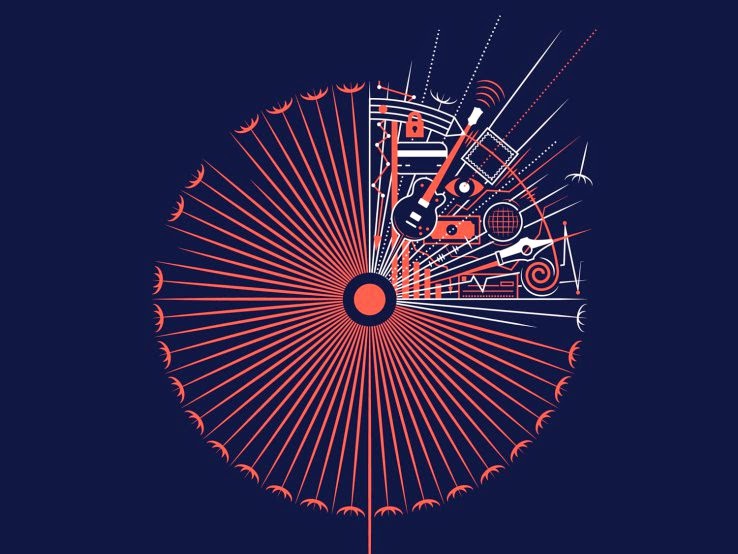What's Wrong With Shakespeare's 116th
"Shakespeare" - It may be by a painter called John Taylor who was an important member of the Painter-Stainers' Company - Licensed under Public Domain via Commons - https://commons.wikimedia.org/wiki/File:Shakespeare.jpg#/media/File:Shakespeare.jpg Shakespeare’s Sonnet 116 tells us that, “Love is not love which alters when it alteration finds[.]” But isn’t it? Isn’t it really? We quote these lines like scripture, hold them up as absolute truth, but is it really true that true love doesn’t change even when the object of that love does? Perhaps it is. Perhaps that’s the definition of “true love.” But maybe not the definition of just plain “love.” Which is where Shakespeare got it wrong. Because love does change. When a thing we love stops working properly or a person we love stops behaving in the ways that made us love him or her in the first place, our love alters. To be clear, I must define “alter” as used in this sonnet. What Shakespeare meant by “alter” I be


